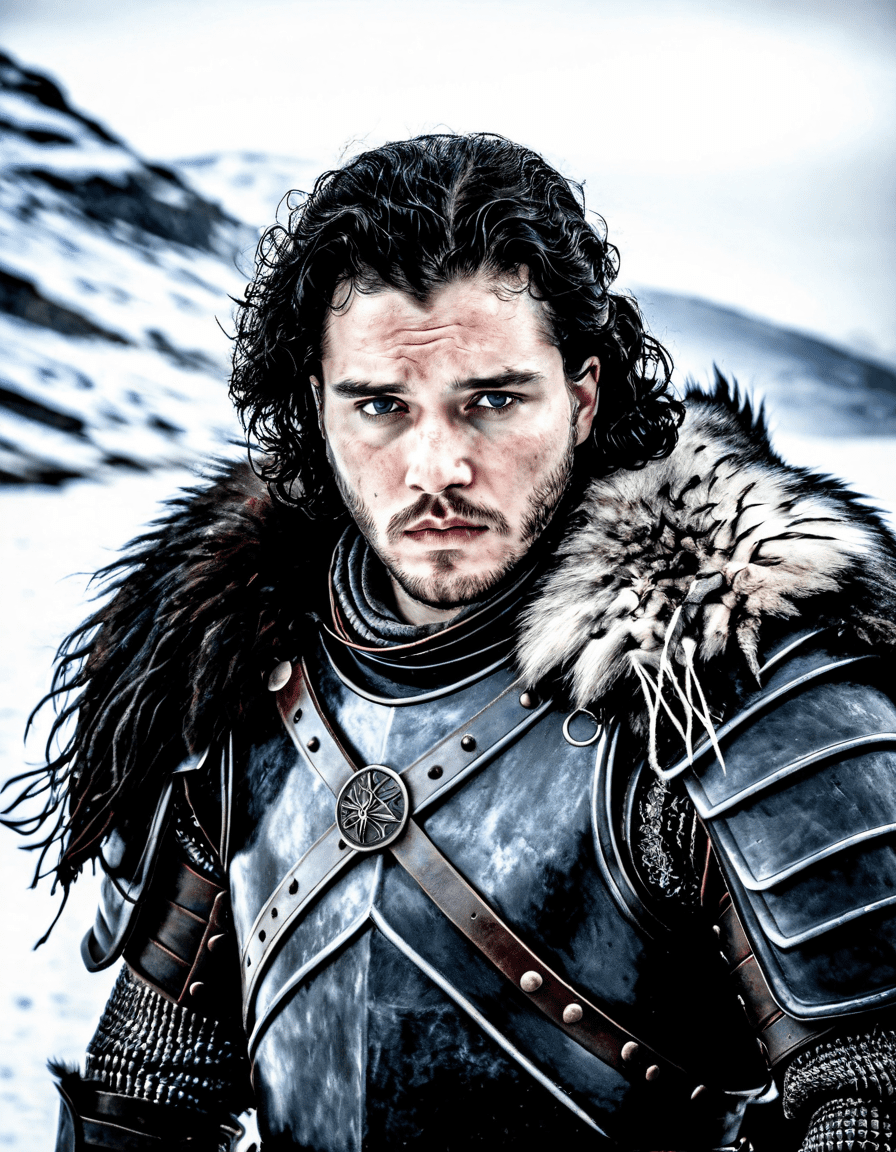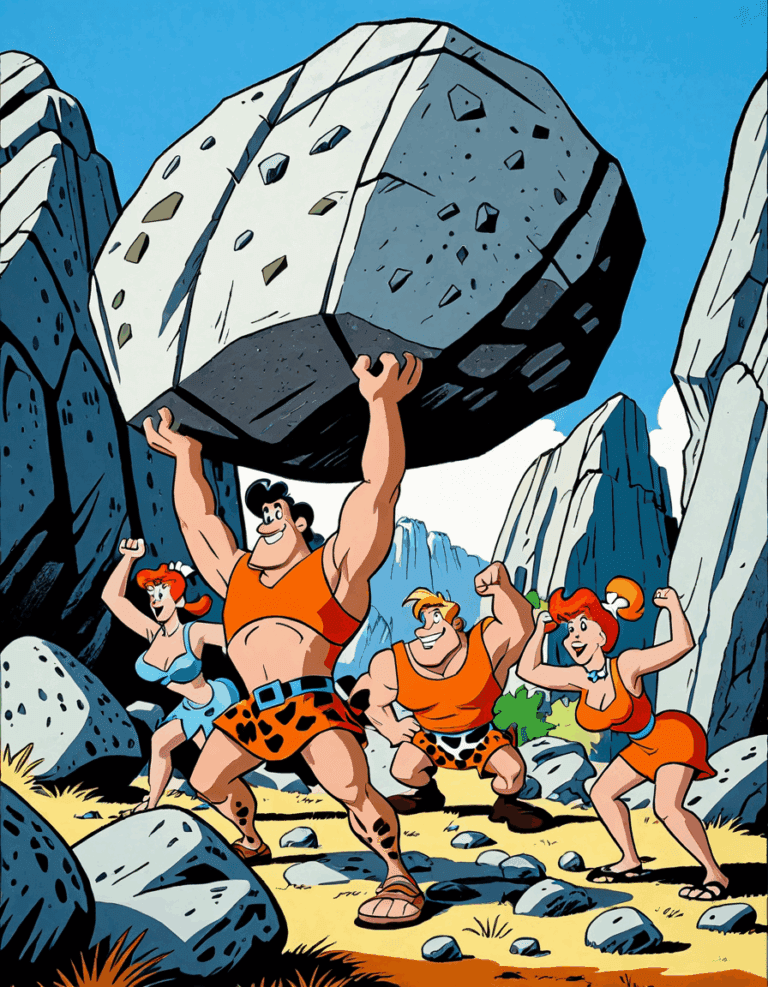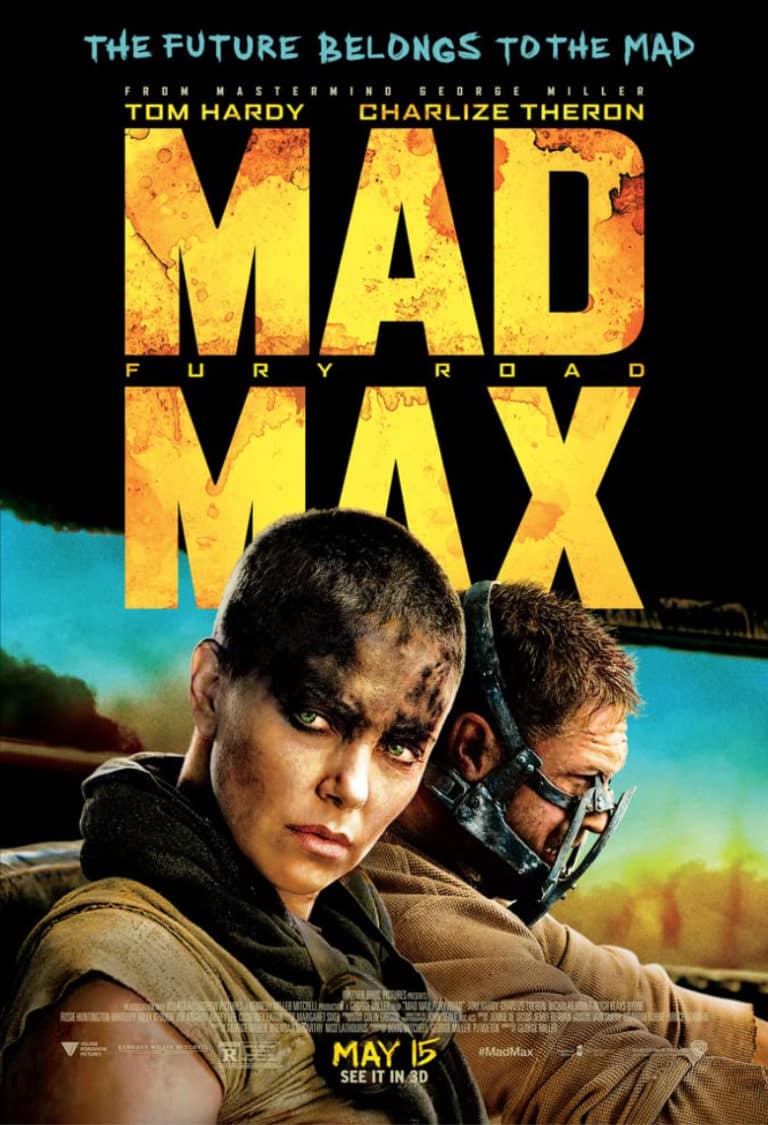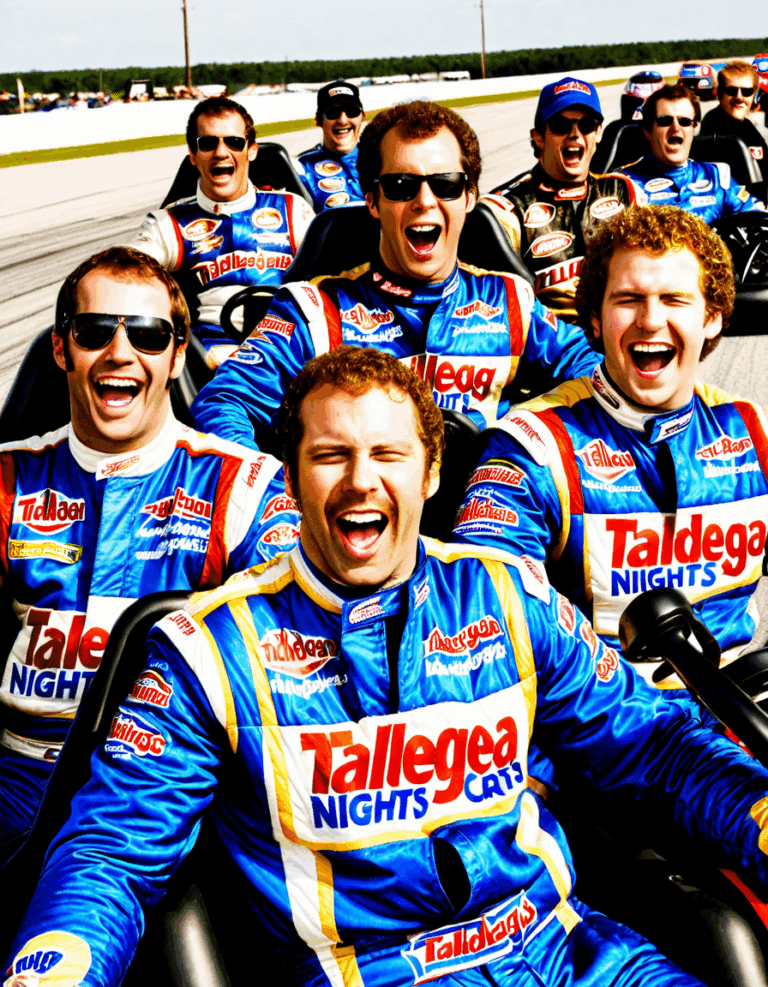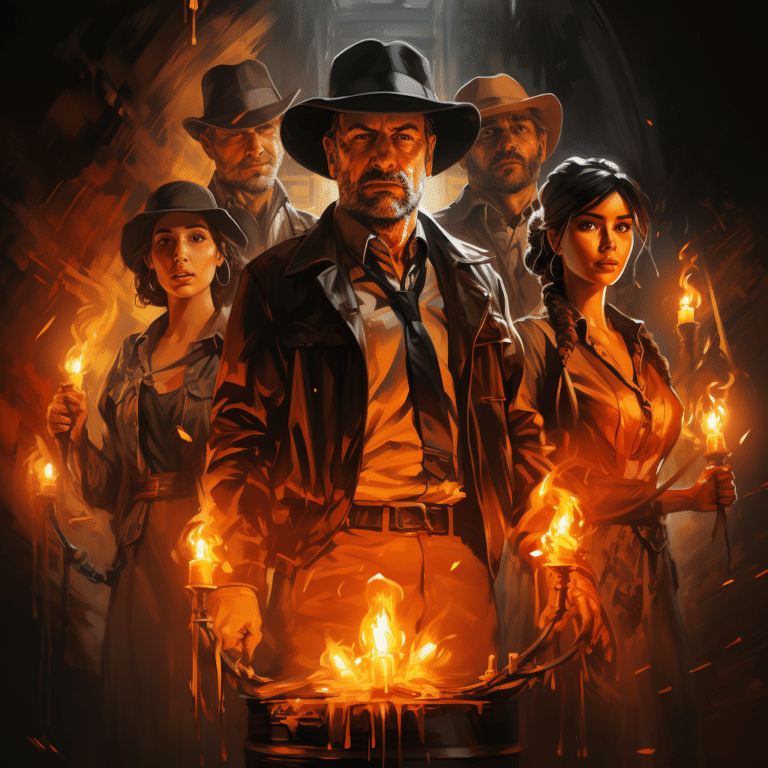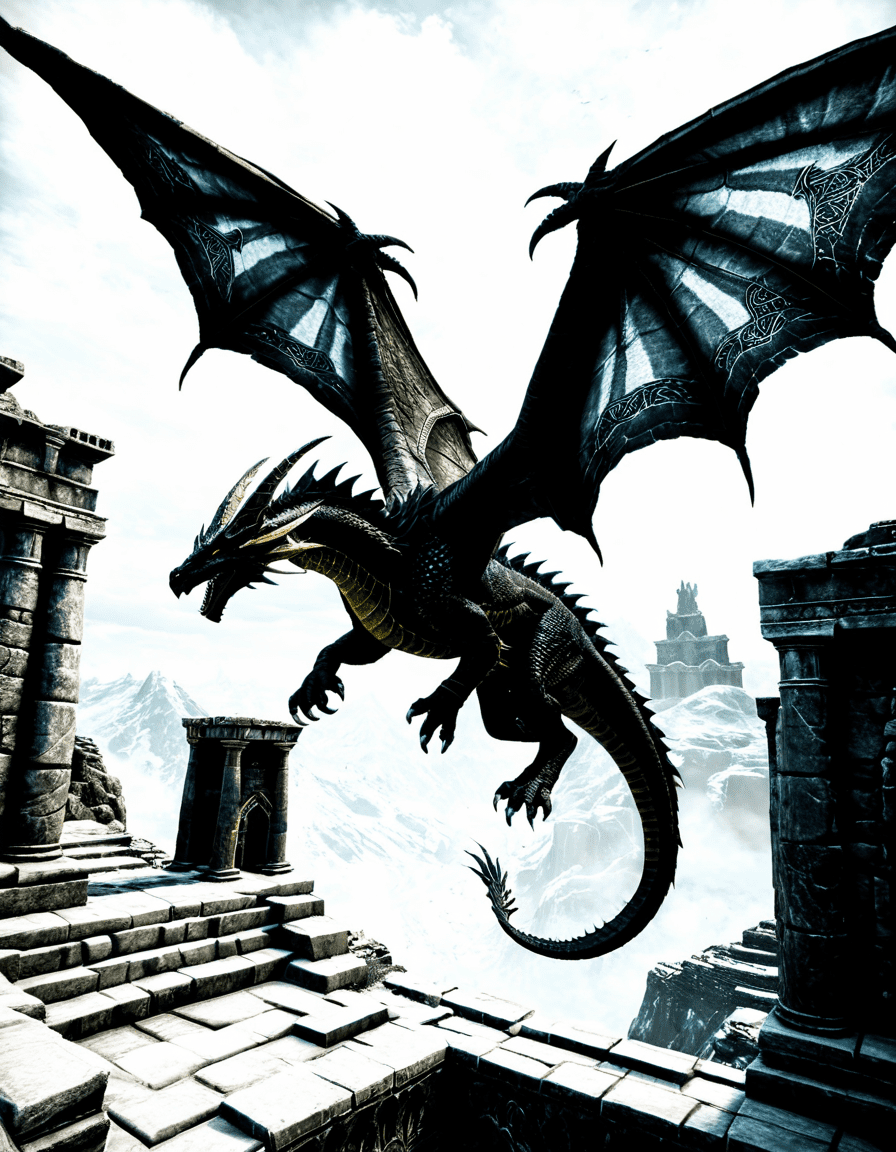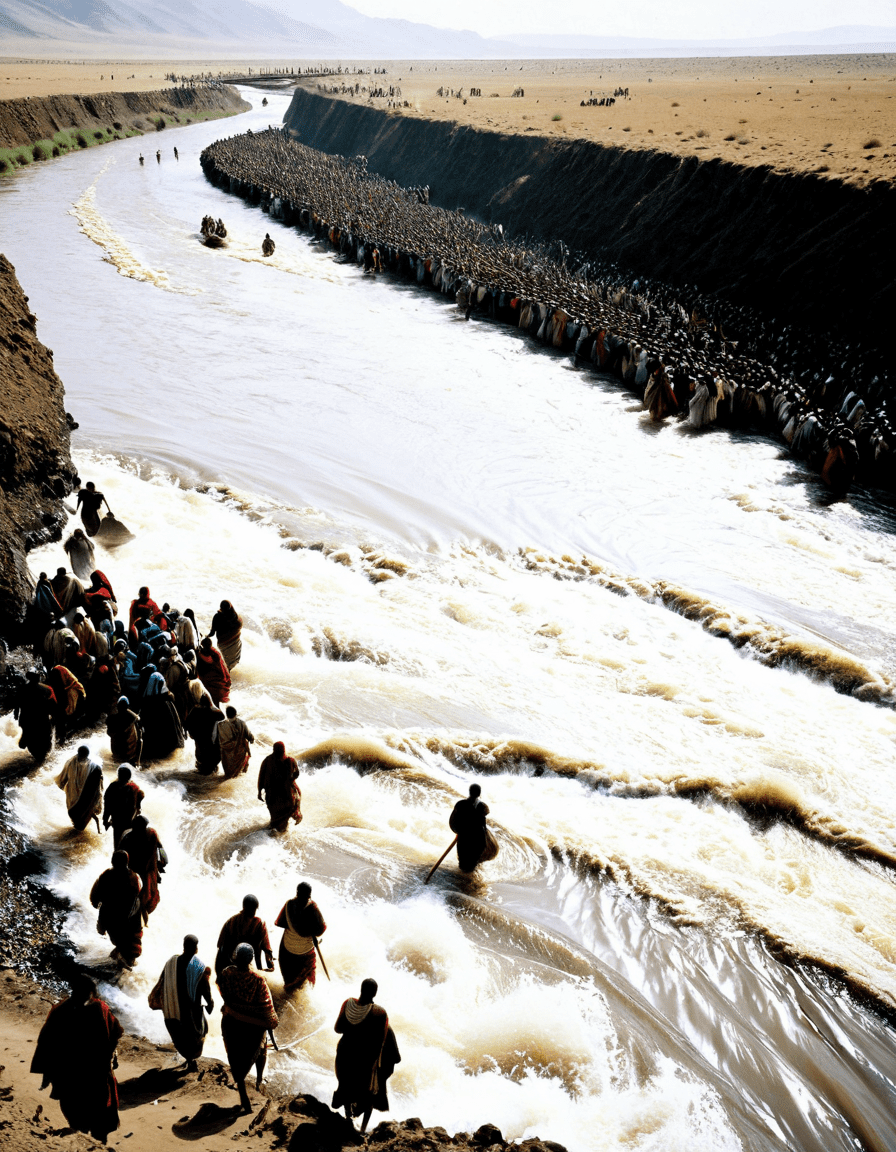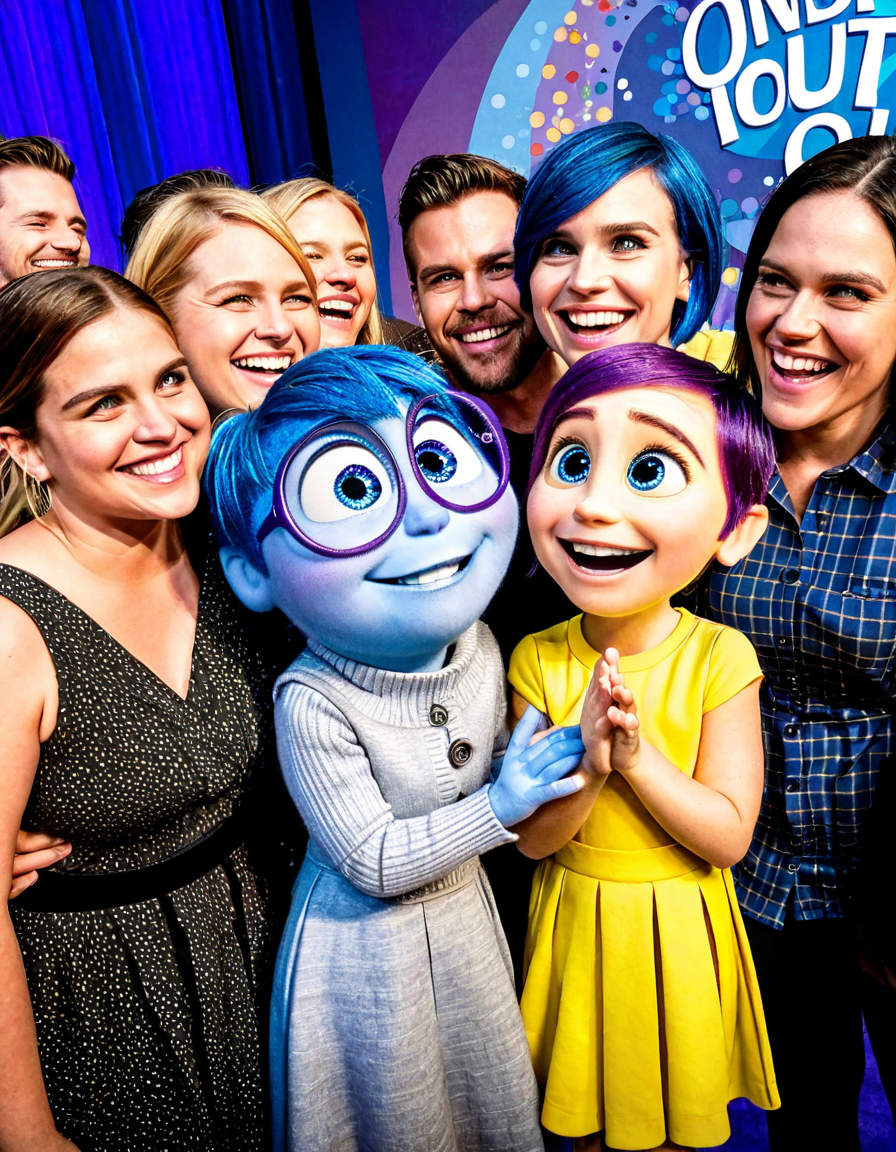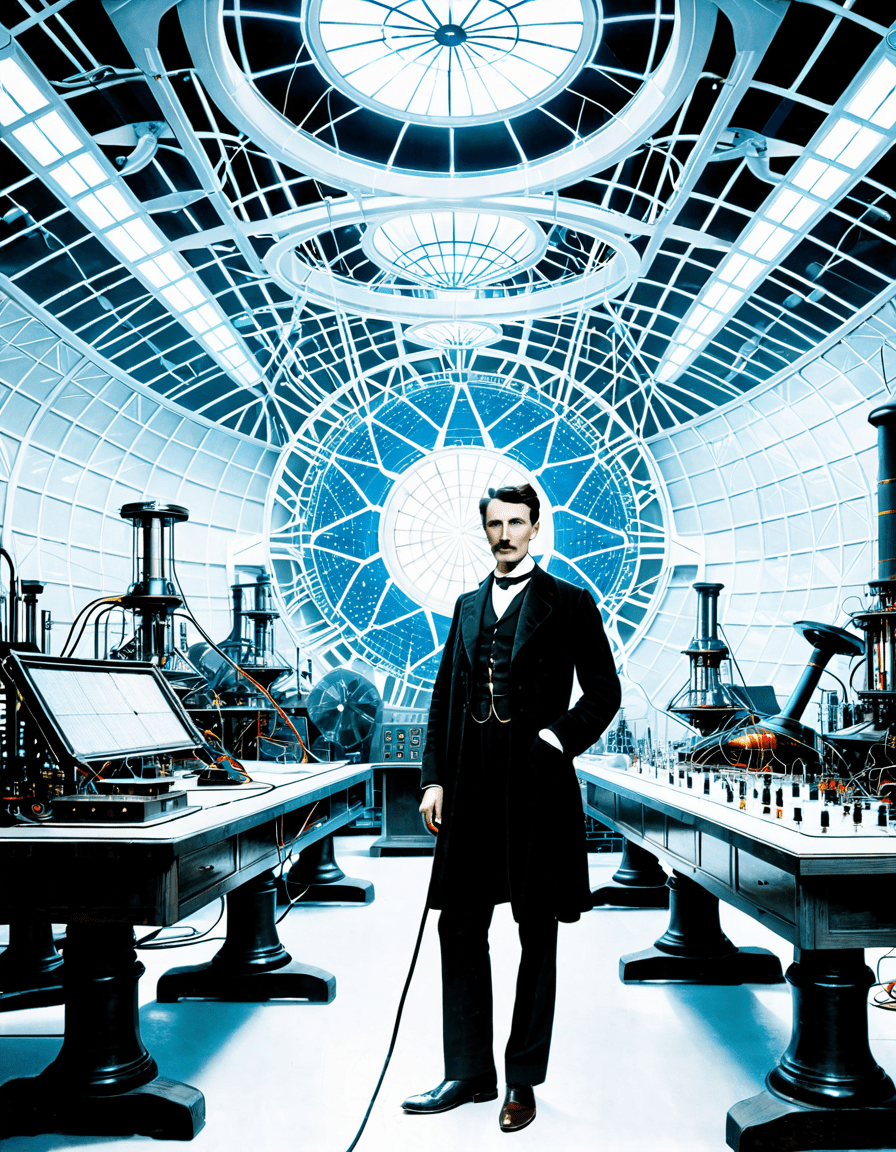Jon Snow, the brooding, sword-wielding figure from Game of Thrones, isn’t just another character in a sprawling fantasy saga. He’s a symbol of modern heroism, grappling with identity, loyalty, and an ever-present burden of destiny. Whether you see him as a mythic savior or a relatable underdog, there’s no denying that Jon Snow resonates with the struggles we face today. So, let’s dive deep into what makes Jon Snow tick and why he’s a character that still inspires us to push our limits—much like hitting the weights every day to transform our bodies and minds.

The Quintessential Hero: Jon Snow’s Archetype in Modern Storytelling
When we think of heroes, we often envision infallible characters devoid of flaws. But Jon Snow breaks that mold. He’s not just noble; he’s human. His story is rich with conflict, showcasing how someone can rise from doubt to great leadership. This complex portrayal mirrors many aspects of our lives, especially in the fitness journey—where resilience, commitment, and overcoming oneself lead toward greatness. Every rep, every drop of sweat, echoes Jon’s soul search for meaning and purpose.
Jon Snow’s internal battles remind us that true heroism is about much more than just muscles or magic; it’s about navigating life’s uncertainties. You might think of heroes like those in Spartacus as champions of strength, but Jon shows us that emotional and moral struggle is just as heroic. He’s a hero in flesh and blood, reflecting values that are timeless.
The world isn’t black and white, and neither is Jon. His character invites us to question what it means to be worthy of greatness, pushing us to strive for our own goals, whether that’s building muscle, gaining discipline, or building a healthier lifestyle.
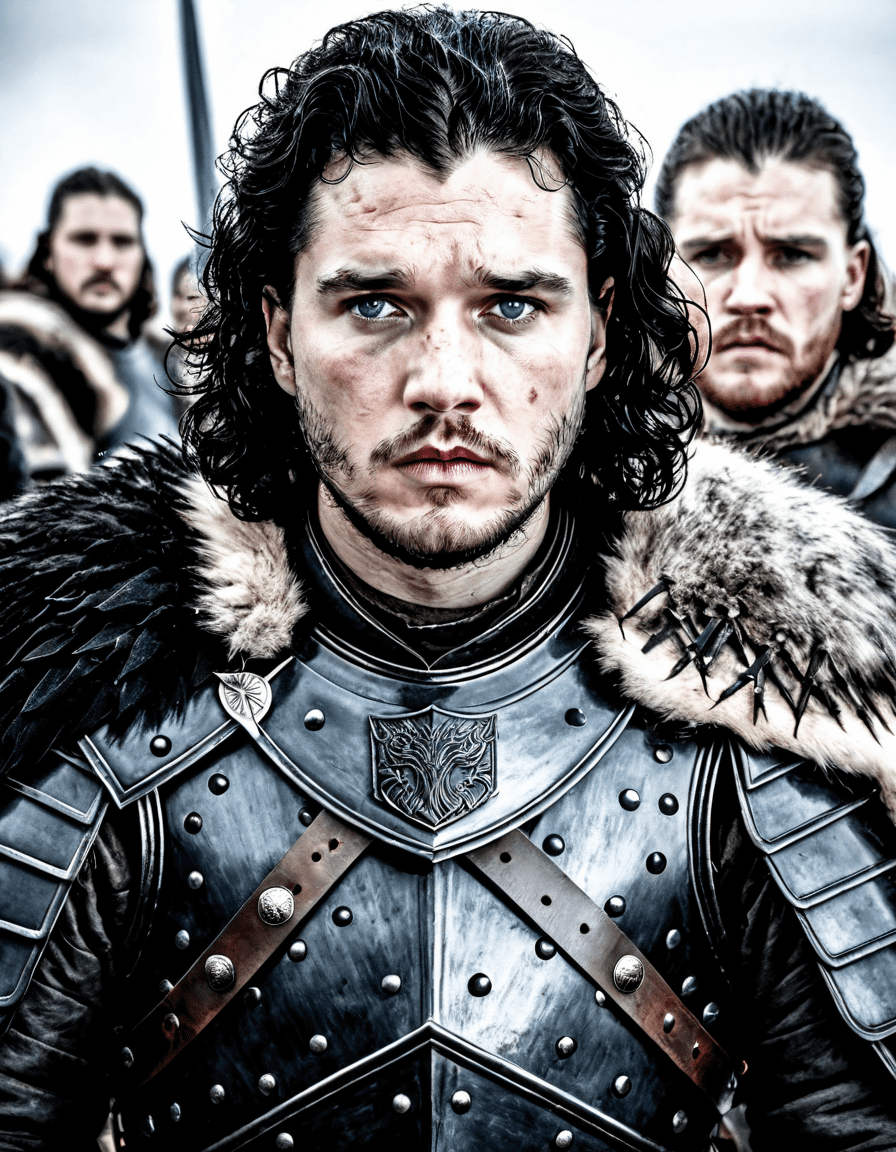
Top 5 Reasons Jon Snow Resonates as a Modern Hero
Jon Snow starts out as a Stark bastard, unsure of his place in a world rife with prejudice. Like many of us, he struggles with imposter syndrome—the feeling that one doesn’t belong, especially in a leadership role. Eventually, Jon rises to become Lord Commander of the Night’s Watch. By accepting his responsibility, he teaches us that leadership often involves self-doubt and courage.
Jon’s commitment to humanitarian values shines through when he decides to save the Wildlings, despite longstanding enmities. This action highlights the importance of empathy. In a world often divided by superficial differences, Jon reminds us that understanding and kindness can bridge generational divides.
Life’s biggest decisions often come with no easy answers. Jon’s heartbreaking choice to stab Daenerys Targaryen showcases the heavy burden of leadership. It’s a painful reminder that true leadership sometimes requires heartbreaking decisions for the greater good. Whether in our lives or countries, moral dilemmas force us to confront the weight of our choices.
Jon’s identity crisis, stemming from his Stark and Targaryen blood, serves as a metaphor for how our origins shape our paths. The internal struggle of living up to family expectations resonates with many. In fitness or any personal journey, this becomes vital. It’s the quest to break free from what society dictates and define ourselves through our choices.
Jon Snow certainly fits the classic underdog mold. He doesn’t wield power like others but earns his place through loyalty, honor, and sheer grit. This resonates with the common person striving to improve themselves against the odds. The journey from the shadows to the spotlight, just like bodybuilding’s transformation, is a powerful message of hope.
Jon Snow: A Cultural Icon Beyond Westeros
Jon Snow’s influence isn’t confined to Game of Thrones. Remember characters like Jon Gries in Napoleon Dynamite or Jon Heder? They reflect how flawed yet relatable characters can become cultural icons. In a world craving authenticity, Jon Snow embodies what it means to be human—perfectly imperfect and always striving.
These characters remind us that heroes can come from unexpected backgrounds, driven by passion and perseverance. Like the underdogs in Teen titans go To The Movies or those battling societal stereotypes, Jon serves as a mirror to our struggles. It’s these multi-layered portrayals that resonate, showing that our imperfections are often what make us relatable and beloved.
Even fictional creatures like the mythical Chupacabra become symbolic in contemporary culture, highlighting our continual fascination with characters that reflect our journeys through struggle, hopes, and triumphs. Jon Snow ties together these threads, reminding us that every hero’s journey is unique, yet deeply interconnected.
Jon Snow’s Legacy in the Context of Contemporary Heroism
The legacy of Jon Snow sparks important conversations about heroism today. Rather than embodying a standard of perfection, his flaws elevate his character’s authenticity. We find ourselves asking what makes a hero in our complex society. Should they be flawless, or is true heroism found in the daily battles we all face?
In the world of fitness, we reflect behaviors and decisions made daily, showing that it’s in our struggle that we find strength. Each challenge we face is a step toward improvement, echoing Jon’s journey from a boy uncertain of his destiny to a man determined to forge it himself. This invites us to re-evaluate our perspectives on modern heroes, recognizing that vulnerability and courage can co-exist.
From fitness to daily routines, the idea of grappling with imperfections makes Jon relatable. The struggle is real, and it’s precisely this reality that shapes who we are. His journey reflects our shared human experience, inspiring us to keep pushing toward our goals, be it in health or character development.
Is Jon Snow a Myth or Reality? Analyzing Fan Perspectives
Let’s face it: Jon Snow might come off as a bit idealized. On social media, many fans put him on a pedestal, almost mythologizing his character. This elevation puts a spotlight on the danger of creating larger-than-life narratives. It leads us to question the real-life implications of glorifying such characters.
Dissecting fan theories often gives Jon an image that might not align with his true narrative. Instead of seeing him as a myth, let’s recognize the value in his story—the struggles, sacrifices, and challenges resonate deeply. By avoiding the trap of worshipping fictional characters, we can appreciate the lessons they offer without losing sight of our realities.
The conversation around Jon Snow encourages a collaborative dialogue among fans, pushing forward an examination of who we choose to idolize. Recognizing that our idols can be flawed helps ground our aspirations to improve, keeping the narrative authentic and inspiring.
Final Thoughts: The Enduring Nature of Jon Snow’s Narrative
As we continue into the 2020s, Jon Snow’s essence remains a powerful reminder of heroism’s multifaceted nature. The characters we celebrate, rooted either in fact or fiction, reflect our society’s ideals and aspirations. Jon’s narrative isn’t just a tale of swords and kingdoms; it’s about resilience and compassion in a tumultuous world.
Remember, it’s not always clean-cut. Heroism often takes messy paths toward achievement. Just like you may battle the iron in the gym every day for that chiseled physique, Jon Snow’s journey portrays a gritty truth: heroes rise, fall, and rise again. Often, the real hero we need isn’t the one who never stumbles but the one who fights back up—who embodies the fight to keep pushing forward.
Whether we’re building muscles or rebuilding our lives, let Jon Snow’s narrative inspire us to face our challenges head-on and to remain warriors in our own stories. Adapt. Overcome. Push the limits. That’s what true heroism is all about. And with that mindset, you too can become the champion you aspire to be.
For more inspiring content and fitness insights that will elevate your journey, check out Chiseled Magazine.
Jon Snow: The Hero We Deserved or Just a Myth
The Man Behind the Legend
Jon Snow, the heroic figure from Game of Thrones, is shrouded in mystery, both in the series and in the hearts of fans. Did you know that the character, portrayed by Kit Harington, was a composite of numerous heroes from folklore and literature? Much like Alice’s various adventures in Alice in Wonderland, Jon’s journey weaves through trials and tribulations, questioning the very nature of honor and leadership. In fact, Jon’s unwavering code echoes the struggles faced by characters like Jessica Jones, who grapple with their identities and responsibilities while dealing with a chaotic world.
Facts That Will Blow Your Mind
Dive into Jon Snow’s backstory, and you’ll uncover that his stark (no pun intended) origins play a crucial role in his development. Raised at Winterfell, he bears the weight of being a “bastard,” a label that isolates him in a society fixated on lineage. This theme is quite similar to the exploration of self-worth found in dramas like True Beauty, where characters fight against societal perceptions. Fun fact: Did you know that Jon was initially thought to be a character inspired by the real historical figure of Richard III? Just as Spartacus showcased rebellion against tyranny, Jon embodies the fight for justice and acceptance.
Jon Snow’s Pop Culture Impact
Lastly, Jon Snow’s influence extends beyond Westeros, with fans often likening his struggles to those of other beloved characters in fantasy and anime. For instance, his stoic nature can be mirrored in figures like Sesshōmaru, a complex character known for his reserved demeanor and hidden emotions. Moreover, the popularity of Jon has spawned countless memes and references, making him a cultural icon in today’s media landscape, much like the ever-expanding fandom of Crunchyroll where passionate fans gather to explore their favorite shows. So, whether he’s a hero or just a figment of our imagination, one thing’s for sure—Jon Snow remains an unforgettable part of this generation’s storytelling tapestry.
